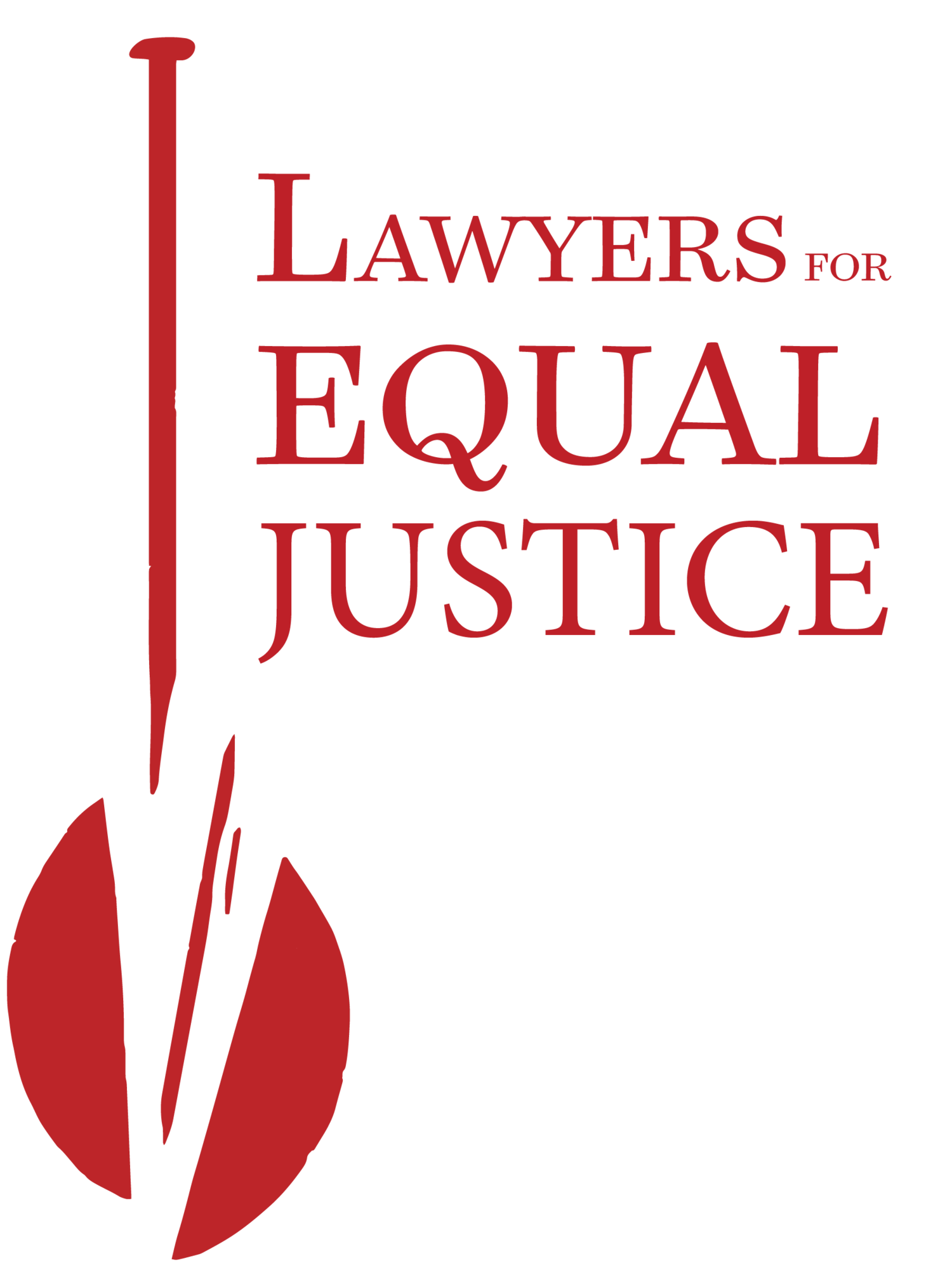Our History
If we were to design a justice system that could provide true and fair access to our courts and legislature for low-income communities seeking to resolve important issues affecting their lives, what would the critical components of that system look like?
There is a general agreement that those components should include legal education to inform and explore options for resolving a problem, individual assistance and representation when the option chosen includes the courts, and systemic litigation and advocacy aimed at protecting and enforcing the legal rights of low income communities.
That vision began to emerge in 1966, with the federal government declaring a “War on Poverty” and establishing a national network capable of delivering legal services to the communities that need it most.
In Hawaiʻi, the Legal Aid Society of Hawaiʻi (LASH) became a recipient of that funding and implemented a delivery system that included all three components mentioned above. Throughout the 1970s and ‘80s, LASH attorneys used a series of contemporary Supreme Court opinions that dramatically expanded the rights of the poor to advance the interests of low-income and vulnerable individuals.
With advocacy by LASH, a host of government programs aimed at assisting the poor were revamped and policies were implemented to protect the recipients of these programs from losing their financial assistance, public housing, job training programs and other benefits intended to assist them out of poverty.
With the first court victories by LASH attorneys in the mid 1970s, signs of retaliation by the state began to appear. For example, the state decided to subtract from LASH’s annual appropriation any attorney’s fees awarded to it as a prevailing party in litigation against the state.
A few years later a second assault on the ability of LASH attorneys to vigorously engage in systemic advocacy began at the federal level with the beginning of the Reagan presidency. Soon after his election, President Reagan announced his intention to eliminate all federal funding for legal service programs. Although his ultimate goal was thwarted, LASH and other programs saw their federal funding cut by 30 percent, and restrictions were adopted prohibiting any federal funding to be used for any form of systemic advocacy. LASH absorbed the loss of funding and adjusted to the restrictions by using other funding streams that would support some restricted activities.
In 1994, leadership within the United States Congress was significantly altered by the ascendance of a faction of Republican lawmakers determined to inflict austerity measures on the most vulnerable Americans. Under the direction of Newt Gingrich, Congress soon passed restrictions to prohibit all legal aid programs that received federal Legal Services Corporation (LSC) funding from using any resources to engage in class actions. It also restricted these organizations from requesting attorneys’ fees authorized by any state or federal law for the successful representation of clients or from engaging in legislative and administrative advocacy for systemic changes in laws and regulations affecting low-income and other vulnerable communities.
As an LSC grantee, these restrictions dramatically affected LASH’s activities and changed its historic role in Hawaiʻi as the statewide provider of complex and systemic legal advocacy aimed at protecting the legal rights of low income communities. After extensive discussion of alternative options, Lawyers for Equal Justice (LEJ) was created as a new organization to provide class action and other advocacy for systemic changes to benefit low-income individuals and communities.
The name of LEJ was changed to the Hawaiʻi Appleseed Center for Law and Economic Justice in 2011. The organization joined 17 other centers comprising the national Appleseed Network and began expanding its legislative and administrative advocacy activities and its community education efforts significantly in the areas of affordable housing, child nutrition and economic justice issues (including tax policy, parental leave and minimum wage reform).
These diversification efforts have accelerated over the last year and a half by the addition of staff devoted to key new projects designed to benefit the-low income population and other vulnerable individuals—including the creation of a Hawaiʻi Budget and Policy Center (which is part of a network, called the State Priorities Partnership, consisting of 43 budget centers whose work is assisted by the national Center on Budget and Policy Priorities) and the development of several components of an anti-hunger project.
With the significant expansion in these two areas, Hawaiʻi Appleseed’s desired reserve levels have increased and it has become possible to relaunch LEJ as an independent brand with an independent funding stream and a separate mandate to continue the original impact litigation work that was envisioned more than 50 years ago in the establishment of a system of genuine justice for the people who need it the most.
We are proud to once again be in a position to create positive impacts on the lives thousands of low-income residents in our state through critical litigation. That impact has resulted not only in financial and other benefits to those residents, but also improved the fairness and efficiency of programs impacting their lives and an improved understanding and appreciation for our legal system.
From April 17, 2019: Hawaiʻi Appleseed Center executive director Gavin Thornton interviews Lawyers for Equal Justice (LEJ) founding director Victor Geminiani about the reasons behind his motivation to create LEJ.
